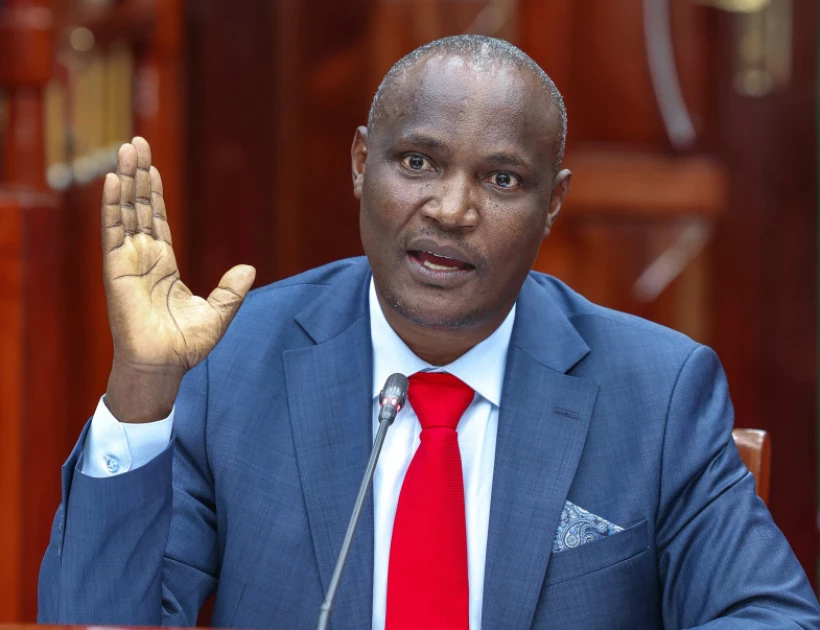“That circular was issued at the National Treasury level and does not apply to the president,” he said. “Only the president or the Head of Public Service can issue a directive that affects the Office of the President.”
Mbadi confirmed that the advisory cuts have been enforced in other arms of government, including his own ministry. “Today I only have one advisor. My predecessor had two,” he stated.
His remarks come amid a surge of public debate over the financial burden of presidential advisors.
Reports indicate that more than Ksh. 1 billion is spent annually on salaries and operational costs for over 20 advisors stationed at State House.
In the past year, the number of presidential advisors has reportedly grown from seven to 17. The latest appointments include renowned Kenyan-American law scholar Prof. Makau Mutua, who was recently named advisor on constitutional matters. Last week, Jaoko Oburu, son of Siaya Senator Oburu Odinga, was appointed special advisor on economic empowerment and sustainable livelihoods.
Other notable advisors in President Ruto’s inner circle include Prof. Abdi Guliye, Dominic Menjo, Nancy Laiboni, Henry Kinyua, Steven Otieno, David Ndii, Augustine Cheruiyot, Moses Kuria, Mohamed Hassan, Prof. Adams Oloo, Joe Ager, Dr. Silverstone Okumu, Prof. Edward Kisiangani, Harriette Chiggai, and Kennedy Ogeto.
The appointments have sparked concern over the President’s commitment to cutting government expenditure and avoiding duplication of roles. Critics argue the growing list contradicts efforts to curb public spending, especially in the wake of the courts halting the appointment of Chief Administrative Secretaries (CAS).
The contrast is stark compared to former President Mwai Kibaki’s tenure, where only three advisors were appointed in his final term—among them Raphael Tuju on media matters and Prof. Kivutha Kibwana on youth and constitutional affairs.
Prof. Kibwana, also a former Makueni Governor, questioned the rationale behind the current appointments. “One would have to ask: is it because someone is a relative of a senior ODM person, or what value do they bring?” he posed. “We want to see what that advice impacts in terms of what the President is doing.”
Meanwhile, CS Mbadi also addressed ongoing renovations at State House and other government buildings, defending the expenditure as necessary maintenance. “The National Treasury itself is in a terrible state,” he said. “If we leave government buildings unattended, we end up spending much more in the future.”
While acknowledging the need to prioritize essential services like primary healthcare, Mbadi maintained that infrastructure upgrades are a prudent long-term investment.


